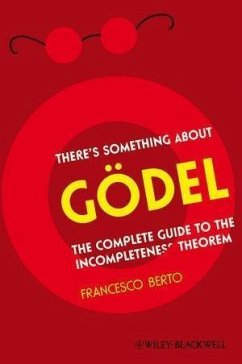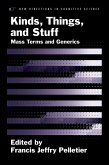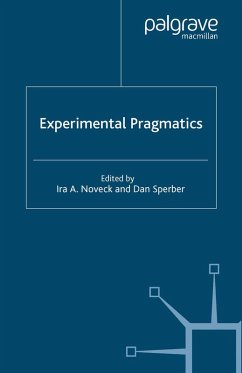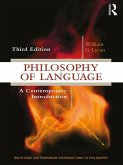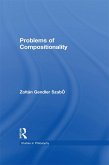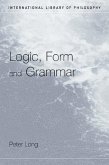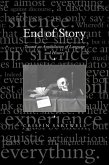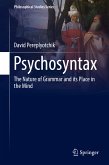Dieser Download kann aus rechtlichen Gründen nur mit Rechnungsadresse in A, B, BG, CY, CZ, D, DK, EW, E, FIN, F, GR, HR, H, IRL, I, LT, L, LR, M, NL, PL, P, R, S, SLO, SK ausgeliefert werden.
"Although each subsection is brief, the author includes chapter-by-chapter notes of cited material at the end of the text. The motivated reader will have no trouble tracking down the primary sources that the author discusses." (PsycCRITIQUES, March 2010)

